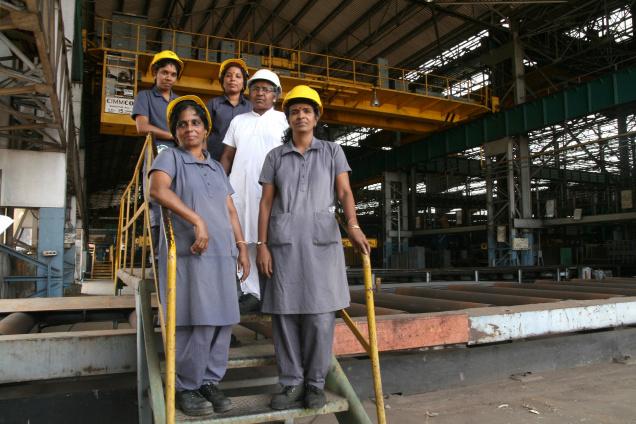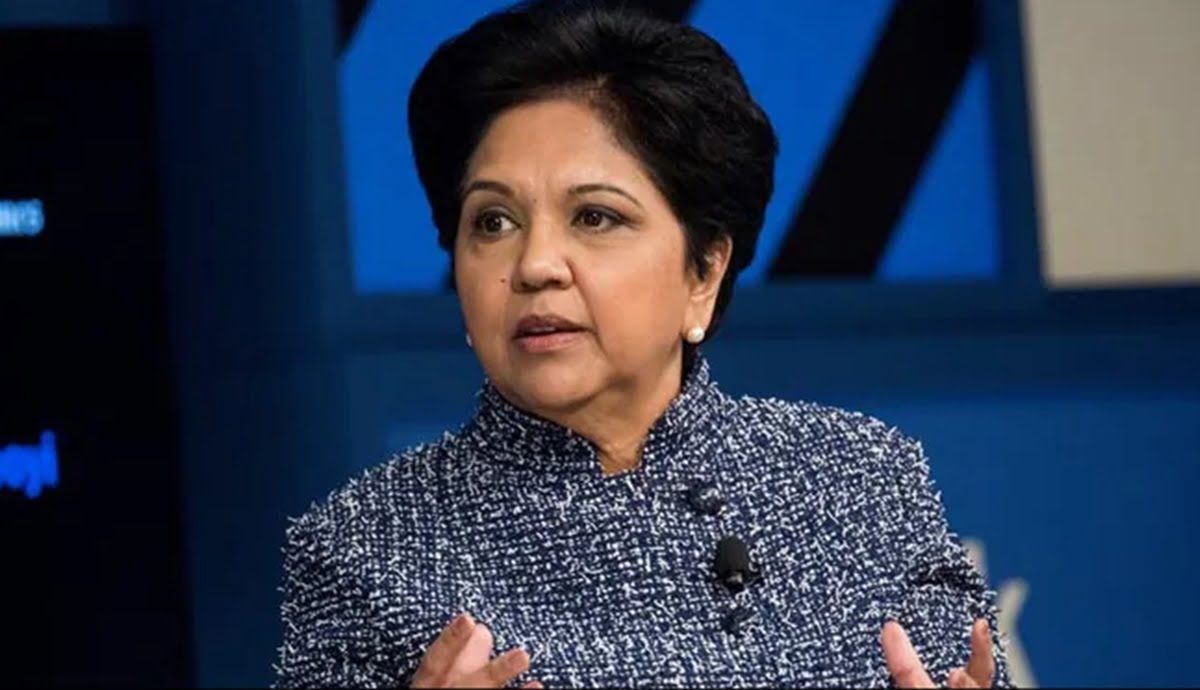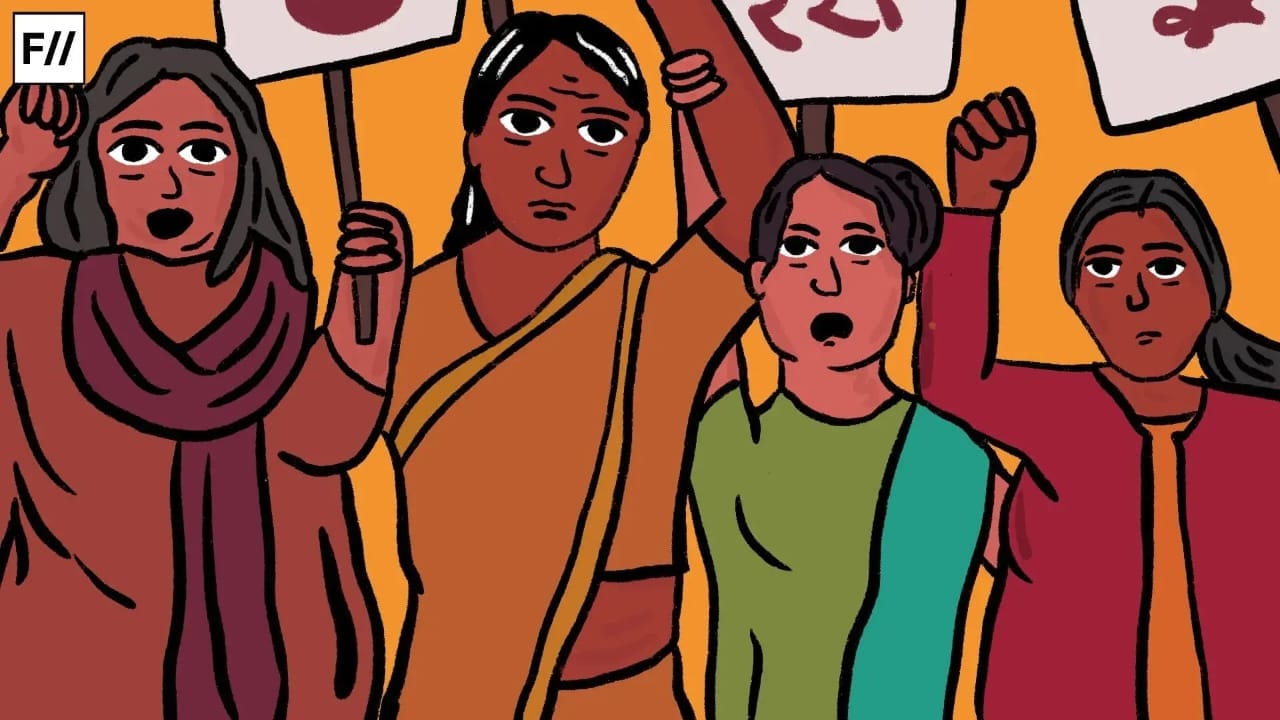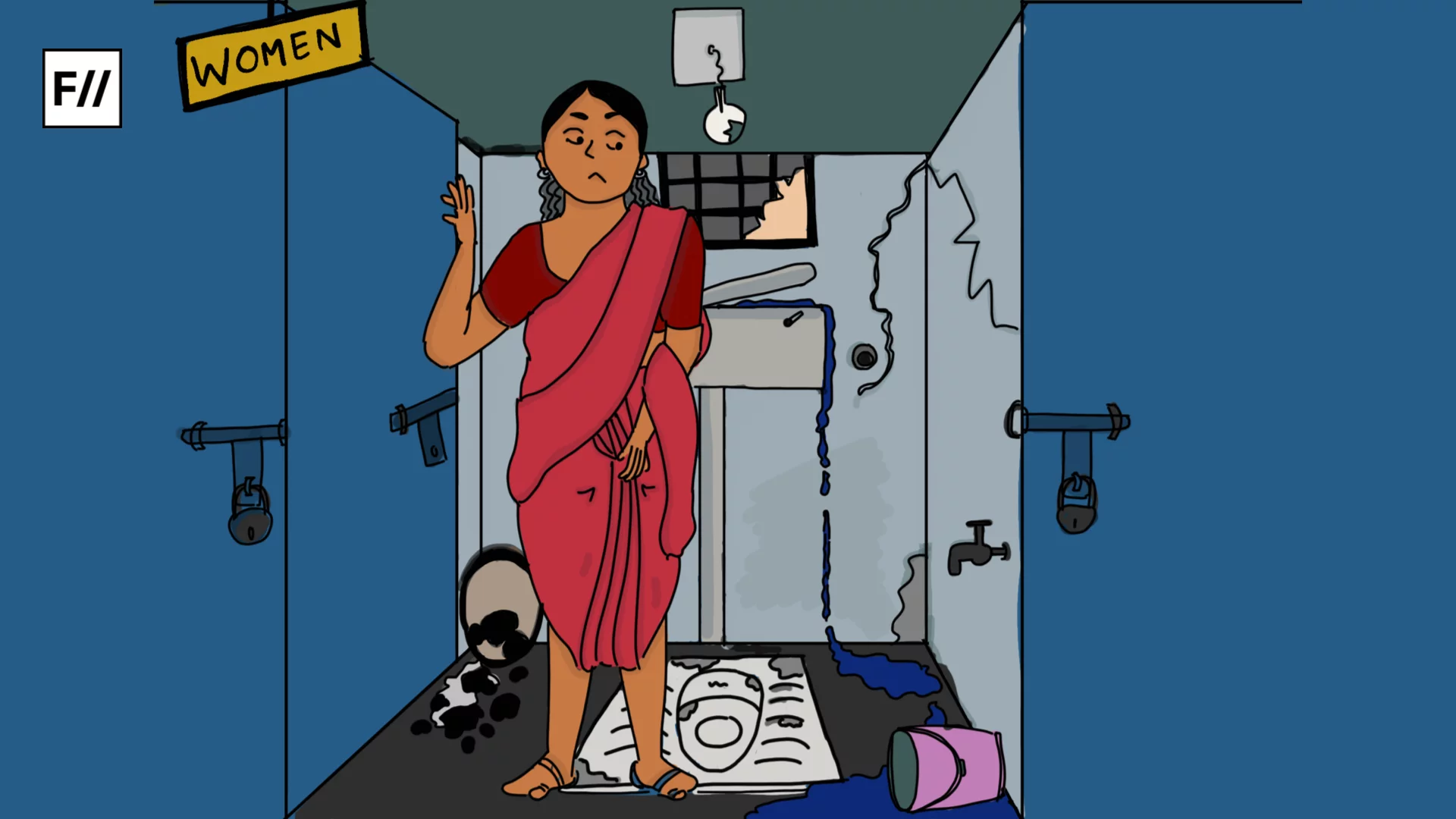When I started working, fresh out of college, I thought that the compensation I was getting was more than enough. I felt somewhat humbled by being offered a sum that, according to me, was much higher than my skill set. However, I did not take into account the years of freelancing that I had done before getting a full-time job, the skills I had acquired, the way I learnt to do things and manage working round the clock. I should have reminded myself of this and maybe negotiated for better pay but I did not. I thought it was cringe to ask for adequate compensation for your blood, sweat and tears. Three years have gone by and thankfully, I outgrew that mindset, learning to value my work, my ability to learn, and my voice. That’s why, when I read Indra Nooyi’s statement about how she has “never, ever, ever” asked for a raise, I was puzzled and frankly, outraged. Why? Let me vent a little.
Nooyi is the former chairperson and CEO of PepsiCo, and was instrumental to the brand’s diversification and growth. She is a woman in a position of power, a concept we are still getting used to because of the fight that women have to put up at workplaces to get recognition for their work. Undoubtedly, she has inspired a lot of women to be entrepreneurs, to start something of their own, to believe that hard work and dedication will shackle decades of patriarchy. Change will slowly unfold.
Indra Nooyi’s statement on never having asked for a raise because it’s “cringeworthy” might do two things: encourage women who look up to her to be happy with the status quo and not ask for compensation that they deserve, or offend women who have worked incredibly hard to build a career whose rewards they are entitled to.
Indra Nooyi’s statement on never having asked for a raise because it’s “cringeworthy” might do two things: encourage women who look up to her to be happy with the status quo and not ask for compensation that they deserve, or offend women who have worked incredibly hard to build a career whose rewards they are entitled to.
Also read: Community Health Workers Deserve Better Working Conditions
Women are inherently seen as “soft, gentle, and unprovoking” people, who are, or rather should be happy with the way things are. You have voting rights and you can drive. What else do you need? Yeah, that’s misogyny for you, branding a woman who asks for a raise and benefits and puts forth other demands as “stubborn” or “difficult”. However, put a man in her place and you have a “courageous” person who deserves to get that raise. Why? Well, he worked incredibly hard, was dedicated, balanced work and home (no, this is clearly a joke), and moreover, he knows what he wants and he’s determined to get it.
According to People Matters, there has been a lot of discussion about executives taking the pay cut during an economically fraught time like the COVID-19 pandemic ranging from 5-20%. However, this still doesn’t account for the sizable gap between salaries of executives and the salaries of entry-level and mid-level employees. Further, the gender gap in unemployment brought about by the COVID-19 crisis is glaring: Millions of women globally found themselves out of jobs as the pandemic hit. This adds to the difficulty in accepting Nooyi’s views, especially when women face a greater disadvantage. Another problem here is that when she retired from her position as chairperson and CEO, her salary must have been nowhere close to the executives of other companies on a similar scale. This is why it is not asking for too much when we expect Nooyi to reevaluate her statement, to empathize if not fight to change the status quo, which would make it easier for women in entry-level or mid-level positions to demand better and equal pay.
Another issue that Indra Nooyi didn’t take into account is that many women, employed across sectors, do not have the caste and class privilege to even consider not demanding for better wages. While her hesitation to speak up for other women may affect women in general, it adversely affects women from marginalized communities and from economically weaker backgrounds. It has already been subconsciously established that women have to make do with what they get and not what they deserve due to years of oppression. This further emphasises on the notion that they are being done a favour by society by at least “allowing them to work”, be it in any conditions or at any pay scale. Especially as women who are not savarnas, they are shackled within the boundaries of caste even at work. But caste, gender and work responsibility intersect in an ugly way, which closes the door for advancement in their field, both in terms of compensation and designation. This includes women in rural areas, domestic workers in cities and migrant labourers, who are further pushed to the bottom of the ladder because they are buried under this deep sense of “favour” of their employers.

In a country like India, women need to work extra hard to be able to think that they even deserve their job and fair compensation. Many women who choose to have children have to take extended maternity leave and for childcare, have to balance societal expectations and other factors which unfair lead to them falling behind men when it comes to earnings. This is often used as a leverage against them and it’s implied by the company that they are being given “more than their fair share”, which is even more difficult for non-savarna women from underprivileged backgrounds. This leads to them quitting their job and completely focusing on family, which contributes to less and less women in the workforce.
In a country like India, women need to work extra hard to be able to think that they even deserve their job and fair compensation. Many women who choose to have children have to take extended maternity leave and for childcare, have to balance societal expectations and other factors which unfair lead to them falling behind men when it comes to earnings.
Also read: Women Worst Affected By Unemployment During COVID-19
What Nooyi has said might come from an internalised sense of obligation to the patriarchal society for “allowing” and “giving” her a chance to work even though she is a woman. However, overturning the status quo is relatively easier for her than for other women, due to her position in the community, both as a woman and as a person in a position of privilege. Since women supporting women has gained quite a lot of traction on social media, it is time that this not only remains a hashtag. It’s difficult to put your foot down and demand; we have not been taught nor encouraged to do that. However, because of significant strides in the conversation about gender, equal pay, discrimination at the workplace in the past few years, it is relatively easier to speak up about this now than it was several years earlier.
To subvert this power dynamic at work, it is necessary that women in positions of significant power advocate for adequate compensation for women in entry-level and mid-level positions and give them a safe space in which they can negotiate their salary without feeling threatened to be demoted or feeling belittled. However, that’s only possible when powerful like Nooyi don’t feel that it’s cringeworthy asking for a raise and instead raise a toast to those who do.
Featured image source: NDTV
About the author(s)
A 23-yr old aspiring recluse who's always looking to superimpose cinema, art, philosophy, writing, and literature on one another. Gulping books and coffee is second nature, the first is cynicism.




